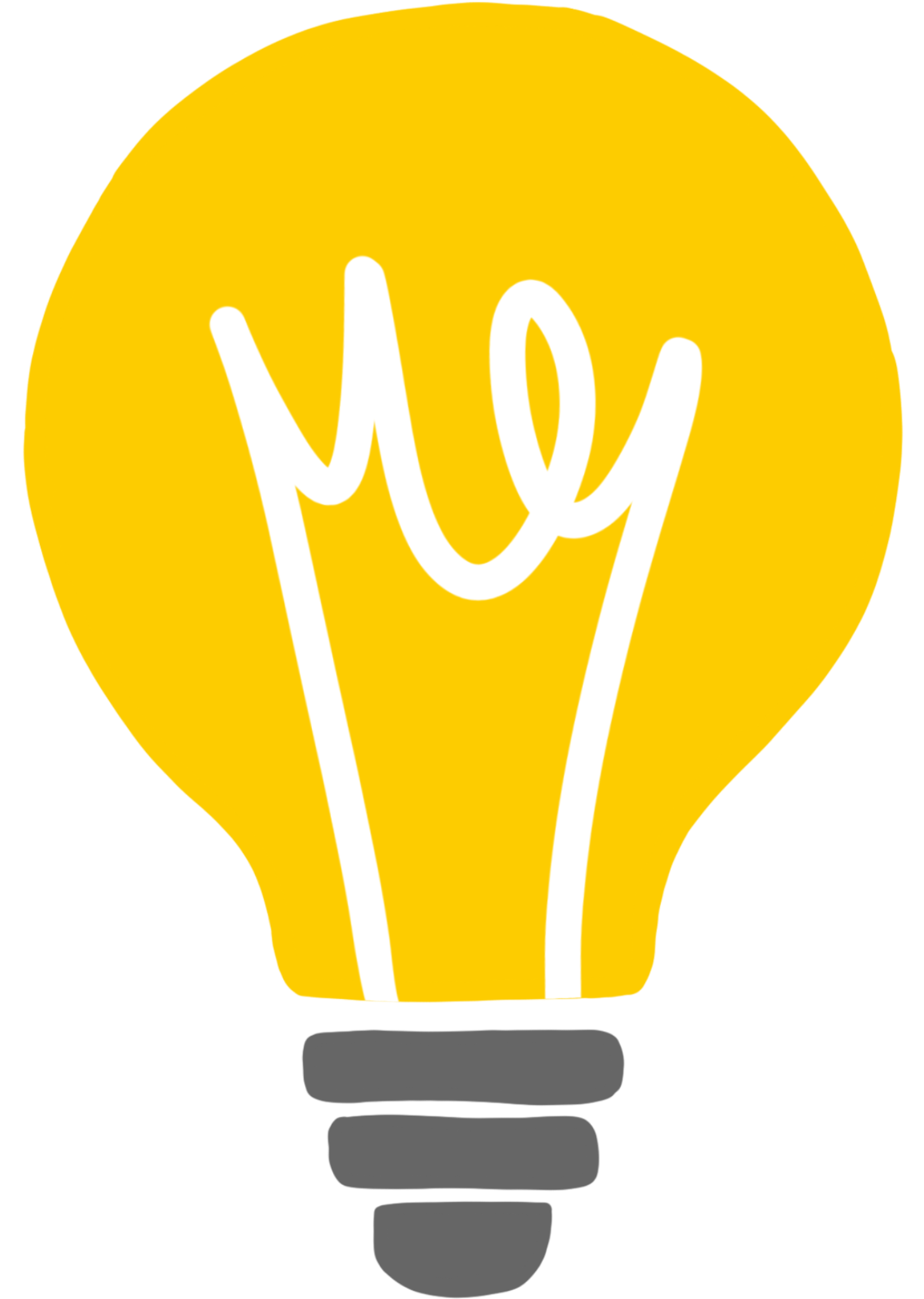Approach Failure Like a Scientist
Many of us treat personal change as a pass/fail test. Anne-Laure Le Cunff’s Tiny Experiments, in my opinion, offers a far better approach: act like a scientist of your own life and learn from what happens.
I applied this mindset to a wellbeing question: how time-restricted eating might affect me. Instead of chasing a perfect plan, I set a simple hypothesis, ran a small test, and paid attention to the results. The physical benefits mattered, but the bigger shift was psychological. When I treated outcomes as information rather than verdicts, everything felt better and more sustainable.
This approach scales beyond food or fitness. It supports how we manage focus, boundaries, meetings, sleep, social media, and creative work. The point is not to “get it right” but to collect enough data to make the next decision a little wiser.
When we approach possible failure like a scientist, we replace judgment with curiosity. That’s when learning and progress happen.
If you want to try this today, choose one area of your work or life, design a tiny experiment, and see what the data tells you. And read the book: it’s fantastic.

